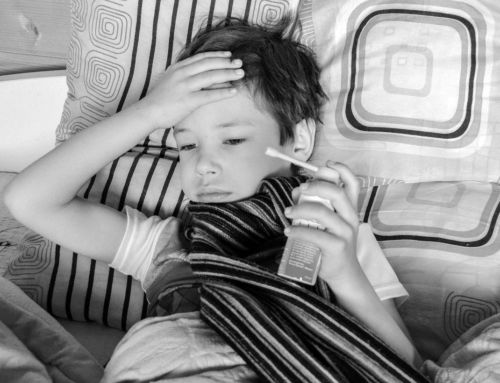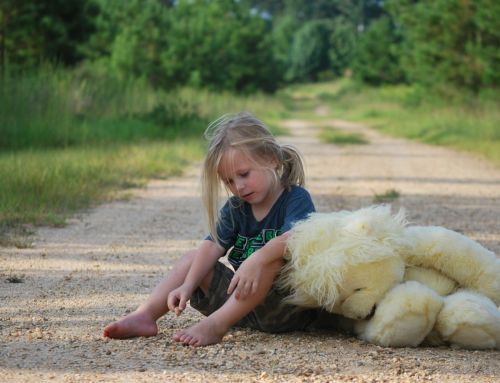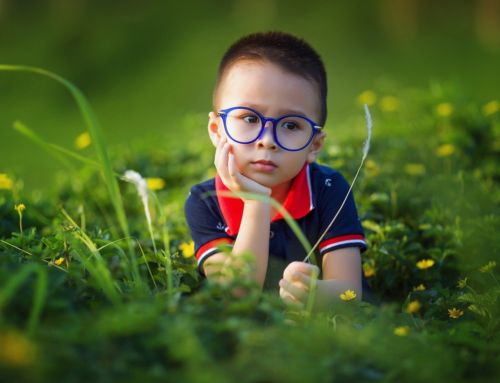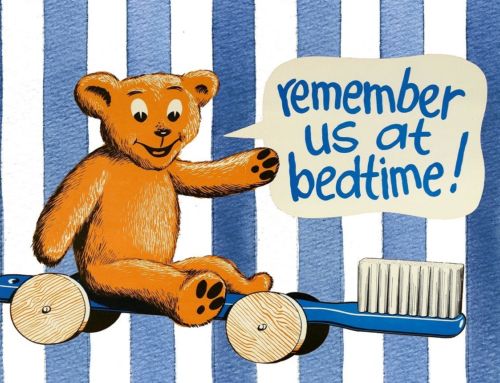Frequent Urination in Children – Cause and Treatment
By Pallavi Agarwal | Health and Wellness Writer and Editor
..
Urinary problem is a common concern in children. Young kids might not be able to tell you properly about the condition because they aren’t aware enough of the situation and grown-up kids can be embarrassed about his or her symptoms and deal with it on their own. We as parents need to be vigilant to note all their actions and take necessary steps.

According to International Children’s Continence Society, Frequent Urination in a child5 years of age or older is defined as urinating eight or more times during waking hours. But we should understand that a child’s bladder is small compared to adults and can not hold much urine. For this reason, frequent urination is not necessarily a sign of urinary problems. Sometimes, kids may urinate more often if they have taken more fluids if the weather is cold, or just for fun.
Common Symptoms to watch
Pollakiuria, also called frequent daytime urination syndrome is the most common in children of ages between four and six years, these children begin urinating small amounts of urine about 10 times to 30 times each day. They might also wake up at night to urinate. Some of the noticeable symptoms are
- Child urinating as frequently as every five to 10 minutes
- Pain while urinating
- Loss of bladder control
- A small amount of urine in each void
- Child urinating in the night (Nocturia)
- Excessive intake of liquid or fluid
Causes for frequent daytime Urination in Children
- Although the exact cause for this condition is not known, experts believe that there can be many triggering factors.
- In 95% of cases, Psychological factors such as school-related stress, the death of a family member or friend, relocation to a new home or school, the birth of a sibling, abuse or bullying; or parents’ divorce, are the major contributor to such condition.
- Dietary factors such as excessive intake of milk or caffeine and fluids in general, also are the key contributors.
- In rare cases, Bladder or Urethra Inflammation.
- Overactive or sensitive bladder during winters and cold season.
There can be many other potential reasons for frequent urination in your child.
Voiding Dysfunction
With voiding dysfunction, children don’t take the time to empty their bladder because they are in too big of a hurry to get back to playing which causes incontinence.
What you can do: If you suspect this, encourage your child to fully empty his bladder each time he goes to the bathroom and put him on a schedule of voiding every two to three hours.
Diabetes Mellitus
Juvenile diabetes or Type I diabetes are among the medical conditions that many parents have in the back of their mind when they bring their child to their doctor with frequent urination.
What you can do: Consult your Doctor for an examination. Testing for diabetes will likely include a urinalysis that will show sugar or glucose and/or ketones.
Urinary Tract Infection
Children with urinary tract infections often urinate more frequently along with many other symptoms, such as pain and burning with urination (dysuria), cloudy or bloody urine, fever, and accidents. They may also have back pain, nausea, and/or feel like they have to urinate all of a sudden (urgency). A urinalysis and urine culture are important tests to evaluate children with urinary tract infection symptoms.
Treatment for Frequent Urination or Pollakiuria In Children
To be prepared, it is advisable to keep a note of your child’s bladder and bowel habits and check with your Pediatrician for any serious concerns. It’s better to be prepared with all the answers that your pediatrician is going to ask during the diagnosis. The most common ones, we have listed below:
- Urination frequency of your child?
- The amount of urination, if it is a few drops or large?
- If you have observed your child needing to go toilet and let it go?
- Was there any accident during or after being potty trained?
Your pediatrician might also perform a physical examination and urinalysis to rule out certain causes of frequent urination like an infection or diabetes mellitus. Based on the examination and his satisfaction level, he might also ask you to refer to a pediatric urologist (a doctor who specializes in treating urinary tract disorders) and/or a pediatric nephrologist (a doctor who specializes in treating kidney disorders).
Common tips for Parents
Reassure your kid that nothing is wrong
Once the doctor has performed the examination, you can consider trying a few medication techniques for your kids. Parents need to understand that this condition is benign and self-limiting, they are encouraged to talk to their children or undergo counseling. Parents are advised to be mindful of their feelings or emotional distress. They can also assure the child that waiting a bit longer to use the washroom will not cause any mishappening.
Changes in Diet
Doctors have suggested that excessive calcium and consumption of acidic beverage leads to pollakiuria. Parents need to avoid any such beverages including milk. More water consumption is also recommended.
Emotional Support
Make sure your child’s teacher and caregiver don’t penalize them for this condition. When you are with them, help them understand that it is not necessary or urgent to use the washroom every time there is an urge. Encourage them to play, read, watch favorite shows, or do a fun activity to distract them from the urge to go to the washroom.
SIMILAR READS: Dental Health & Hygiene for Young Children, Toddlers Eye Problems – What You Need to Know
…
Closing Note from our Team
Although this is not a serious condition, if your child experience pain, leaking, or bedwetting, then make sure to visit your doctor. Pollakiuria may resolve in a few weeks or months. However, it may also recur in months or years. In most cases, children may not require any medications. If the triggers are emotional or stress-related, try to make your child comfortable and talk about any issues, problems, or fears with them.







